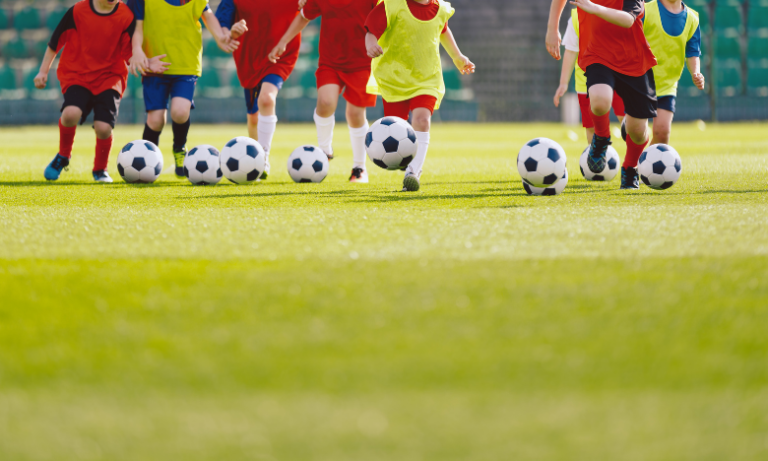
After-school Programs for Children with LD or ADHD
After school programs have several social and academic benefits for children with learning disabilities or ADHD, children can make friends, learn to work together, build confidence and acquire new skills. Many children with special needs have impressive talents; it is essential to recognise and develop these talents, especially when your child’s challenges are most often the focus of discussion.
Participating in after-school programs increases your child’s prospects of making friends and finding themselves a social niche. Many children with learning disabilities have challenges with social communication. It is difficult for them to make friends in a formal setting like in class or bus or during lunchtime. After-school programs allow them to connect with other children in an entirely informal way. Choose the right organisation, and your child will suddenly have a built-in set of social connections.
Your children learn an entirely new set of skills (life skills) when they are part of after-school programs. Your child is working on academic skills and appropriate classroom behaviour in school. At an after-school program, they learn essential life skills – to be part of a team, support and encourage others, build confidence, respect others, and above all, they get to try new things that may remain with them throughout their life.
Before enrolling your child in any such activities, consider their interests and passions. If they are not sure or do not have any specific interests, give them ideas and choices after carefully considering their strengths and challenges. It might be a lengthy process of trial and error, but narrow the options, be realistic and find the best possible activity. Sometimes, a particular program might help your child with areas they find challenging. For example, horse-riding or equine therapy is a good after school activity for children with dyspraxia. If your child is not keen on trying new things, encourage them to do so and remind them that they can move on to another activity later if they do not enjoy a particular activity.
Many children with learning disabilities and attention issues are sensitive to loud noise, heat or bright lights. If that is the case with your child, do not choose activities that involve sensory “assaults”. Similarly, many children with special needs need structured programs as opposed to open-ended experiences to thrive. For them, select after-school programs that are structured and have simple rules and little competition.
Start by exploring options that your child’s school offers – clubs, sports, theatre etc. For children with learning disabilities, the familiarity of the space gives them a sense of security, and they might be willing to try new activities in a safe environment. Also, explore the activities and after-school programs available in your neighbourhood. Talk to other parents who have children with learning disabilities and research activities in which their children participate.

Since you know your child’s capabilities better than anyone, you should always talk to the person in charge of these after-school programs before enrolling your child. You can expect a better outcome for everyone if the person in charge understands your child’s unique strengths and challenges.
In many cases, children with learning and attention issues need help to get started in an activity. If you or your partner have the time and ability, be with them for the first few weeks. This way, it will lower everyone’s anxiety, and you can step in case a problem arises. Your support can make it possible for your child to enjoy the activity and in time, help them become a full-fledged part of the team/activity.